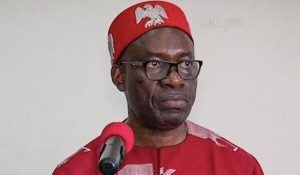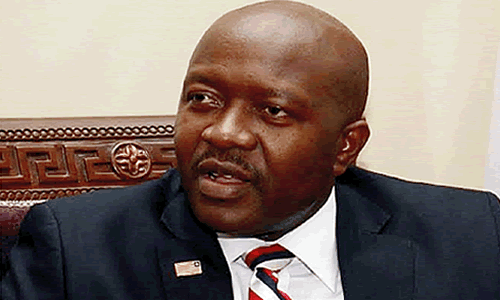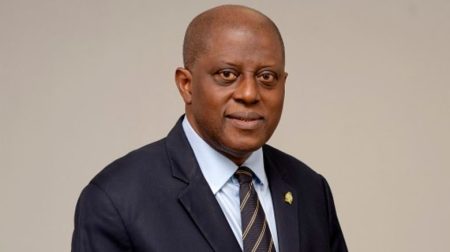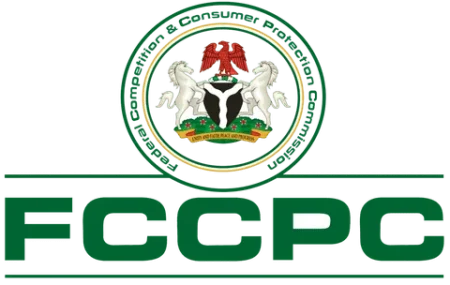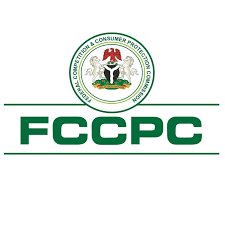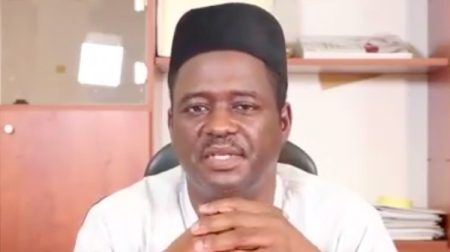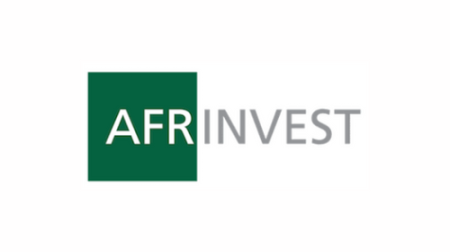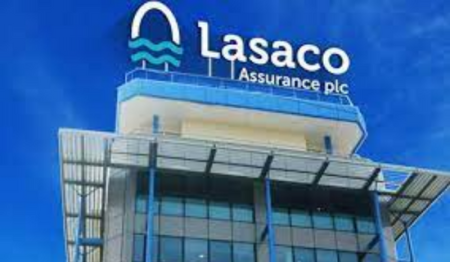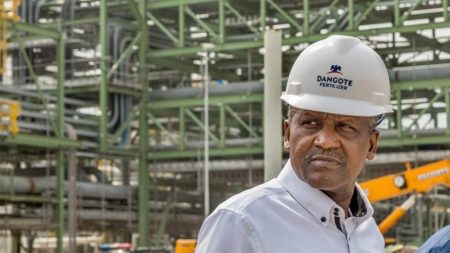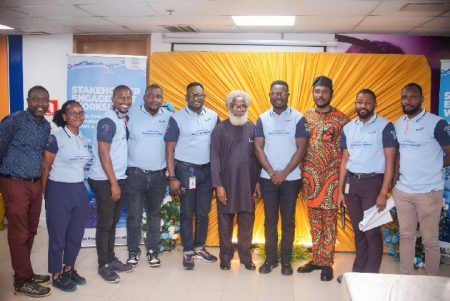Liberia is actively seeking support from ECOWAS and other development partners to enhance its transformative projects in alignment with the ARREST Agenda for Inclusive Development (AAID). On October 25, 2025, during a meeting with Dr. George Agyekum Donkor, the President of the ECOWAS Bank for Investment and Development (EBID), Finance and Development Planning Minister Augustine Ngafuan emphasized Liberia’s commitment to improving development initiatives. This request arose in the context of the 2024 Annual Meetings of the World Bank and the International Monetary Fund, where dialogue about enhancing economic development was at the forefront of discussions. Ngafuan stated that his office would take the lead in rebuilding trust and confidence among development partners, highlighting the potential for significant contributions to Liberia’s economy when such relationships are solidified.
Minister Ngafuan underscored the urgent need for fiscal discipline, asserting that prior claims on revenue would target existing debts to facilitate further transformative projects. He recognizes that Liberia’s financial resources are limited, yet insists on prioritizing wise and sustainable spending practices. His approach focuses on constructive engagement with development partners to foster trust and commitment essential for driving the country’s development agenda. He expressed gratitude to the EBID and its personnel for their illumination on development issues and emphasized the importance of increasing Liberia’s participation in international organizations by enhancing its funding quotas.
In response, Dr. Donkor praised Minister Ngafuan’s initiatives to strengthen Liberia’s relationships with financial institutions. He reiterated the EBID’s dedication to re-engaging with Liberia to remedy outstanding financial issues and catalyze growth. His remarks underscore the necessity of cooperative partnerships to enable the country to fulfill its development goals. The President of EBID conveyed a positive perspective on the collaborative efforts required to stimulate development, recognizing that a robust partnership could significantly benefit Liberia’s economic landscape.
The dialogue between the Liberian government and the EBID reflects a broader willingness to embrace developmental partnerships as vital mechanisms for economic growth. By aligning transformative projects with the AAID, the government aims to not just achieve immediate economic improvements but also ensure sustainable progress in the long run. The Minister’s emphasis on trust and confidence among partners indicates that Liberia understands the importance of establishing a credible framework for collaboration that inspires further investments. Building a stable economic environment requires multi-dimensional strategies and robust engagement with stakeholders, both domestically and internationally.
Minister Ngafuan’s assertion of prioritizing debt repayment before embarking on transformative projects highlights his strategic approach to financial management. This decision is particularly critical in contextually understanding the complex economic landscape Liberia occupies. By focusing on clearing liabilities, the government seeks to open avenues for new funding opportunities, paving the way for engaging in substantial projects that directly address the needs of its citizens. Sustainable development requires a delicate balance of managing present obligations while seeking innovative solutions to long-standing challenges.
Overall, the proactive discussions between Liberia’s leadership and the EBID not only set the stage for prospective collaborations but also encapsulate the broader vision of inclusive development that characterizes the AAID framework. Minister Ngafuan and Dr. Donkor’s interactions epitomize a new era of cooperation that aims to address economic challenges while fortifying Liberia’s development trajectory. The focus is on mobilizing resources wisely to foster an environment conducive to growth, where strategic partnerships can flourish, ultimately enhancing the livelihoods of citizens across various sectors within the economy.



